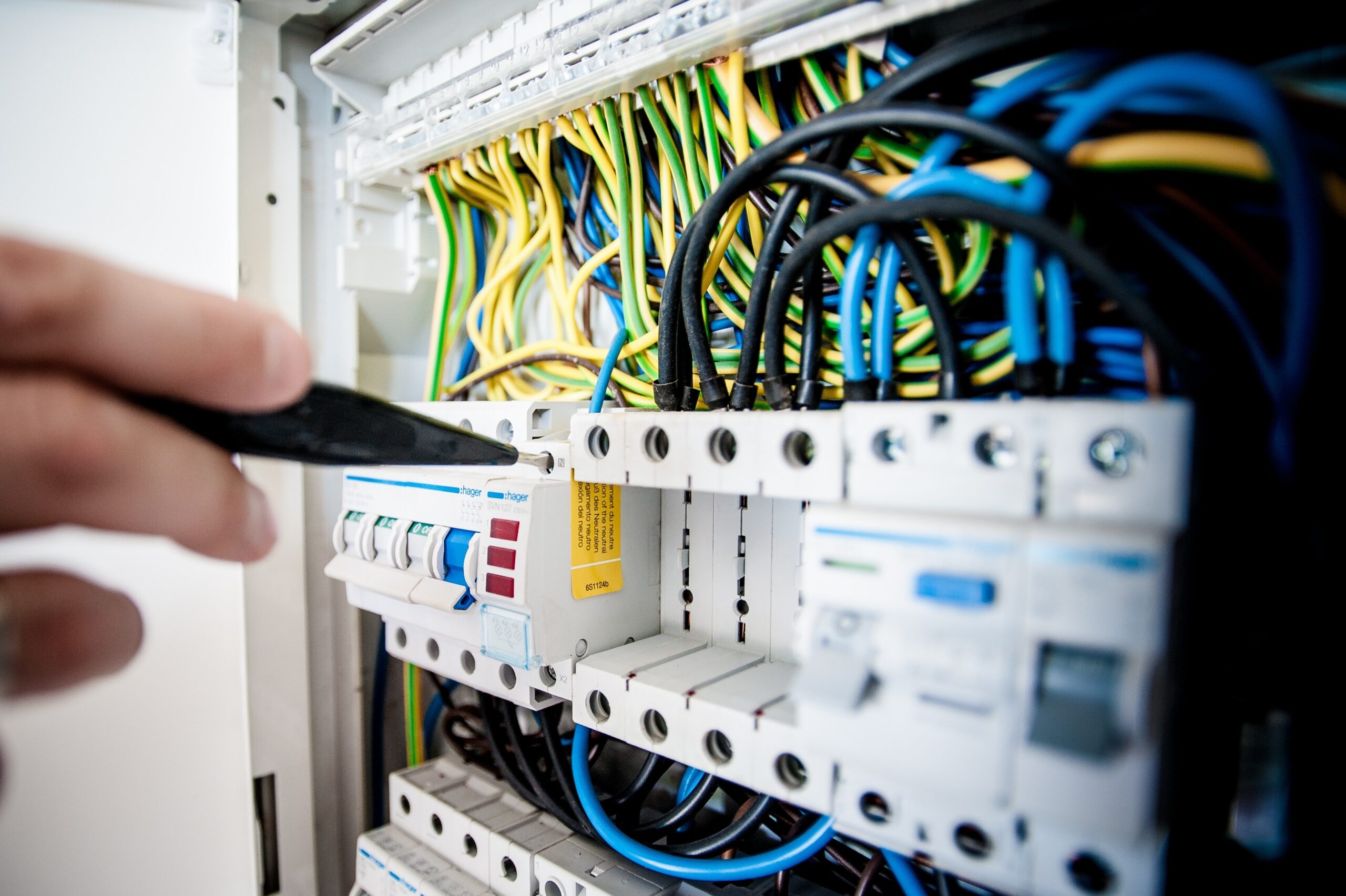Service providing organisations understand how maintenance strategies broadly fall into two main categories: reactive and proactive. Reactive maintenance is the well known fix-repair approach wherein the service provider is called to fix equipment after a failure has occurred. Proactive maintenance is all about avoiding the need for repairs and system downtime by using preventive and predictive maintenance strategies. In this post we look at the key benefits provided by predictive maintenance.
What is Predictive Maintenance?
Predictive maintenance involves monitoring equipment and system behaviour during normal operation and using this insight combined with historic data to predict the likelihood of failures. Predictive maintenance is also known as condition-based maintenance.
Importantly, predictive maintenance doesn’t wait for equipment to fail before fixing it and it doesn’t replace equipment that’s working reliably, based on servicing schedules. Predictive maintenance enables organisations to optimise their system maintenance activities by identifying when maintenance is required and what requires attention.
Benefits of Predictive Maintenance
A primary objective of predictive maintenance is to optimise the use of equipment and systems to minimise downtime, enhance productivity and reduce costs. Here are some of the key benefits provided by predictive maintenance.
1. Reduced Maintenance Costs
Deploying smart sensors to monitor equipment provides data and insight which is used to predict maintenance requirements. This enables the costs of inefficient maintenance strategies to be avoided. Reactive maintenance, for example, responds to equipment faults and failures, which can have a significant cost impact due to downtime and time to repair. And preventive maintenance will often involve the replacement of parts based on a defined schedule, regardless of whether those parts are in need of replacement.
2. Fewer Equipment Failures
Monitoring equipment under normal working conditions enables intelligent systems to make predictions, based on historical data in conjunction with monitored metrics. This allows components to be identified for replacement before they fail, minimising the number of equipment failures.
3. Repair Downtime Minimisation
Since predictive maintenance results in fewer equipment failures, system downtime to carry out repairs is minimised. As noted, equipment monitoring and data analysis can potentially identify the specific components that need to be repaired or replaced. This capability enables system downtime to be planned and appropriately scheduled to minimise any negative impact.
4. Reduced Spares Inventory
Predictive maintenance means there is no need to hold an extensive stock of spare parts. Prediction means that parts can be ordered when needed and the spares inventory can be kept to a minimum, reducing costs.
5. Increased Productivity
Productivity is boosted by keeping systems running smoothly, minimising downtime and reactive system repairs. Also, monitoring process parameters helps ensure that systems are fully optimised, maximising productivity.
6. Improved Safety
By identifying early warning signs of imminent problems, predictive maintenance avoids the risks associated with some catastrophic system failures. Major system breakdowns can be extremely dangerous, putting system operators at risk of injury or even death. Predicting a potentially dangerous failure before it happens is clearly a major safety benefit in these circumstances.
Why Choose RedZebra?
RedZebra Field Service Management Software is already used by many businesses across a huge range of industries keen to ensure maximum efficiency in their field service operations. The versatile software can be configured to meet the specific requirements of any service provider with a mobile workforce.
If you would like to learn how our mobile field service software can help your business please contact one of our dedicated sales team today.
Email: [email protected] or call 01296 350350.


